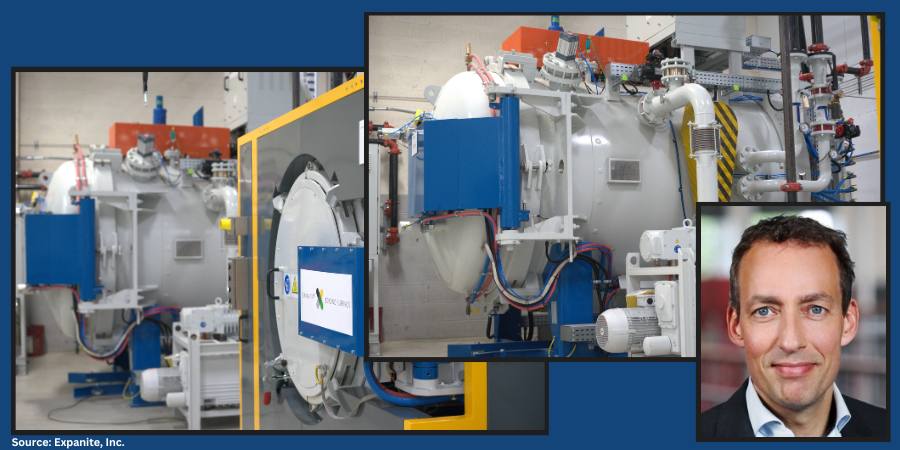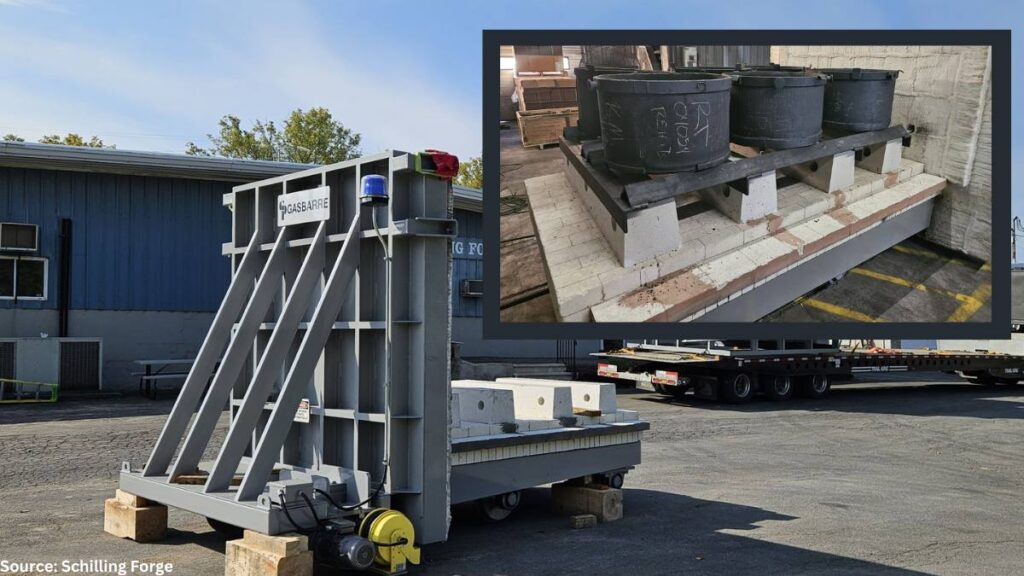Source: Orthopedic Design & Technology

Researchers at three professional schools within a U.S. university recently collaborated in the development and testing of a heat-tempering process involving magnesium alloys that leads to stronger and less breakdown in the body following surgical fixation procedures, such as knee replacements and jaw implants.
The Tandon School of Engineering, New York University, along with NYU School of Medicine and NYU Dentistry, reported on the tests of a magnesium alloy that was subjected to a process called T-5 tempering, involving heating at 210 degrees Celsius for 48 hours.
“In our lab, we put both as-cast and the heat-treated alloy in a solution of sodium chloride to simulate body fluid environments. Not surprisingly, the as-cast version corroded a lot. However, the heat-treated version did not corrode at all,” said Nikhil Gupta, associate professor of mechanical and aerospace engineering at NYU Tandon. “What we have discovered is that by employing heat treatment we can change the alloy completely from a degradable, resorbable structure to one that doesn’t degrade over time. In essence, heat treatment makes magnesium behave, in vitro and in vivo, more like titanium.”
Read more: “Heat-Tempered Magnesium Alloy a Strong Choice for Implants” ODT





